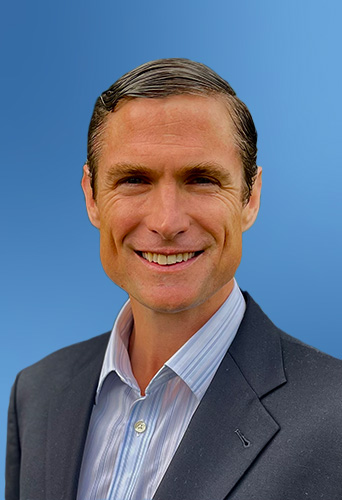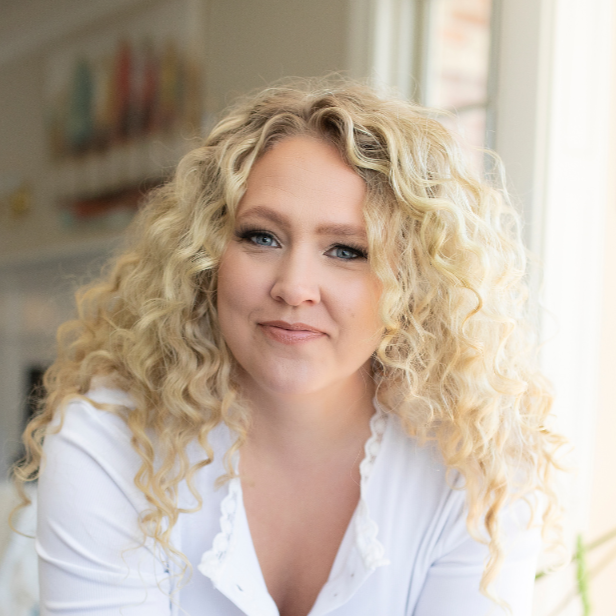Are you looking for a way to streamline your law firm’s efficiency with claims? In this episode of the Maximum Lawyer podcast, Becca Eberhart chats with Jim Andrews about his innovative platform, Precedent, which aims to improve the efficiency of attorney-handled claims.
Today on the show we have Pete Salsich, an experienced intellectual property attorney whose practice is focused on advising large and small companies and entrepreneurs regarding the creation, protection and use of intellectual property, in both litigation and transactional counseling, particularly in the media, technology and entertainment industries. In this episode we’ll discuss leaving a big firm to start a smaller practice and the perception challenges involved, working in intellectual property and entertainment law, and creating a personal brand while working in a larger firm. https://www.capessokol.com/people/pete-salsich-iii/ Hacking’s Hack: Buy Dan Kennedy’s new book “Marketing to the Affluent”. The introduction alone is worth the investment. Tyson’s Tip: It’s summer time, we’re in the middle of June, things start to slow down, take a little time and sharpen the saw. Use this time to refine yourself and your craft. Pete’s Tip: If you don’t figure out a way to have your clients tell you about their business without charging them you never get the chance to find out how to help them see the forest from the trees. For more content from us please subscribe to our Youtube Channel Don’t forget to sign up for MaxLawCon20! Thanks so much for listening to the show! If you want to know more about this and keep on maximizing your firm, please join our Facebook Group or like us on Facebook and comment! You can also go to MaximumLawyer.com or, if you’d prefer, email us at: [email protected] Interested in being on the show? Shoot us an email at [email protected] or message us on Facebook! Welcome to the Maximum Lawyer Podcast. Partner up, and maximize your firm.
Guild Membership
Free Access to Stage 1 of Maximum Lawyer in Minimum Time
Sign Up Today!Customer Reviews
4.9 out of 5
Join Our Facebook Group
Enjoy Exclusive Access To Stage One Of The Maximum Lawyer In Minimum Time Course
Privacy Policy
This privacy policy has been compiled to better serve those who are concerned with how their ‘Personally Identifiable Information’ (PII) is being used online. PII, as described in US privacy law and information security, is information that can be used on its own or with other information to identify, contact, or locate a single person, or to identify an individual in context.
Please read our privacy policy carefully to get a clear understanding of how we collect, use, protect or otherwise handle your Personally Identifiable Information in accordance with our website.
What personal information do we collect from the people that visit our blog, website or app?
When ordering or registering on our site, as appropriate, you may be asked to enter your name, email address or other details to help you with your experience.
When do we collect information?
We collect information from you when you register on our site, place an order, subscribe to a newsletter, Use Live Chat, Open a Support Ticket or enter information on our site.
How do we use your information?
We may use the information we collect from you when you register, make a purchase, sign up for our newsletter, respond to a survey or marketing communication, surf the website, or use certain other site features in the following ways:
- To personalize your experience and to allow us to deliver the type of content and product offerings in which you are most interested.
- To improve our website in order to better serve you.
- To allow us to better service you in responding to your customer service requests.
- To quickly process your transactions.
- To send periodic emails regarding your order or other products and services.
- To follow up with them after correspondence (live chat, email or phone inquiries)




